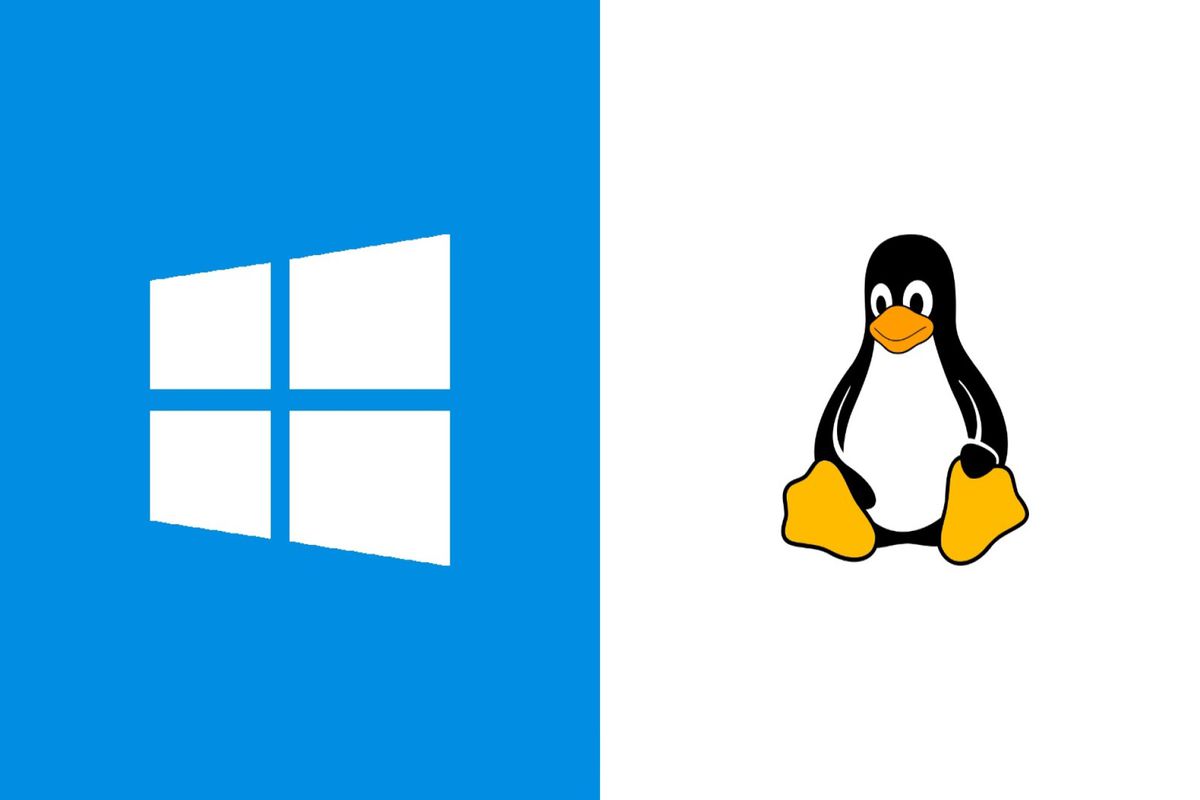
Debian vs. Windows: Open Source vs. Proprietary
By Adedayo Oyetoke, Published on: July 23rd 2024 5 min, 926 word Views: 922
In the world of operating systems, the debate between open-source and proprietary software is a longstanding one. On one side, we have Debian, a popular Linux distribution known for its robustness and commitment to free software principles. On the other, there's Windows, a proprietary operating system developed by Microsoft, dominating the market with its user-friendly interface and extensive software ecosystem. This article delves into the intricacies of these two systems, examining their differences, strengths, and weaknesses, to help you understand which might be better suited for your needs.
Overview of Debian and Windows
Debian
Debian is a free, open-source operating system based on the Linux kernel. It is known for its stability, security, and vast software repositories. Debian adheres strictly to the principles of free software, ensuring that all the software in its repositories can be freely used, modified, and distributed. This commitment to open-source principles makes Debian a preferred choice for many developers, system administrators, and tech enthusiasts.
Windows
Windows, developed by Microsoft, is a proprietary operating system with a significant market share in both personal and business computing. Windows is renowned for its user-friendly interface, extensive hardware compatibility, and vast software library. The latest version, Windows 11, continues to build on this legacy with new features, improved performance, and enhanced security.
Key Differences
Open Source vs. Proprietary
Is Windows open source or proprietary?
Windows is proprietary software. This means that its source code is not available to the public, and users must purchase a license to use it. In contrast, Debian is open source, with its source code freely available for anyone to view, modify, and distribute.
Why is Windows not open source?
Microsoft's business model relies heavily on software sales and licensing fees. By keeping Windows proprietary, Microsoft maintains control over its development and distribution, allowing the company to monetize its software and support services.
Is Linux an open source or proprietary?
Linux, including Debian, is open source. This openness fosters community collaboration, innovation, and transparency, leading to highly secure and customizable operating systems.
Is Unix proprietary or open source?
Unix, originally developed by AT&T, was proprietary. However, many modern Unix-like systems, such as BSD variants, are open source.
Security and Privacy
Which is more secure: proprietary or open source?
Security in operating systems can be subjective and depends on various factors, including use case, user behavior, and system configuration. Open-source systems like Debian are often considered more secure because their source code is publicly available for scrutiny, allowing for faster identification and patching of vulnerabilities. However, proprietary systems like Windows also invest heavily in security, offering robust protection features and regular updates.
User Experience
User Experience in Debian
Debian is highly customizable, allowing users to tailor their experience to their specific needs. It offers multiple desktop environments, such as GNOME, KDE, and XFCE, each providing a unique look and feel. However, Debian's user interface can be less intuitive for beginners compared to Windows.
User Experience in Windows
Windows is designed with ease of use in mind, featuring a consistent and familiar interface across versions. The latest version, Windows 11, introduces a sleek, modern design with enhanced multitasking capabilities and a revamped Start Menu. This makes Windows an excellent choice for users looking for a straightforward and visually appealing operating system.
Software Ecosystem
Debian's Software Repository
Debian boasts an extensive repository of over 50,000 packages, including development tools, office suites, and multimedia applications. All software in Debian's repositories adheres to strict free software guidelines, ensuring users have access to high-quality, open-source applications.
Windows Software Library
Windows has an unmatched software library, with virtually every major software vendor supporting the platform. From productivity tools like Microsoft Office to a wide array of gaming titles, Windows users have access to a comprehensive selection of software. Additionally, the Microsoft Store offers a curated selection of applications, enhancing the overall user experience.
Security and Privacy
Debian
Debian is renowned for its security and stability. The Debian Security Team promptly addresses vulnerabilities, ensuring that users receive timely updates. Debian's open-source nature allows anyone to audit the code, contributing to its security. Furthermore, Debian's package management system, APT, simplifies the process of keeping the system up to date.
Windows
Windows has significantly improved its security posture over the years. Windows Defender, built-in firewall, and regular security updates provide robust protection against malware and other threats. However, being a popular target, Windows systems can be more susceptible to attacks if not properly secured and maintained.
The choice between Debian and Windows ultimately depends on your specific needs and preferences. If you value open-source principles, customization, and security, Debian is an excellent choice. It offers a robust and stable environment, ideal for developers, system administrators, and privacy-conscious users. On the other hand, if you prioritize ease of use, extensive software availability, and seamless integration with popular applications, Windows remains a compelling option.
For a deeper dive into Linux and Windows comparisons, check out these articles on Wireless Terminal:
- Linux vs. Windows: A Comprehensive Comparison of Two Popular Operating Systems
- Debian vs. Ubuntu: Which Linux Distro is Right for You
- Navigating the Maze: A Guide to Different Linux File Systems
Read more
- Linux OS: The Open Source Operating System for Power Users
- MacOS vs. Windows: Choosing the Right Operating System for Your Needs
- Understanding the Core Components of Linux: Kernel vs. Distribution
- Linux vs. MacOS: Unveiling the Key Differences Between Two Powerhouse Operating Systems
This comprehensive comparison highlights the fundamental differences and advantages of Debian and Windows, providing valuable insights to help you make an informed decision. Whether you lean towards open-source freedom or the convenience of a proprietary system, understanding these key aspects will guide you in choosing the right operating system for your needs.
